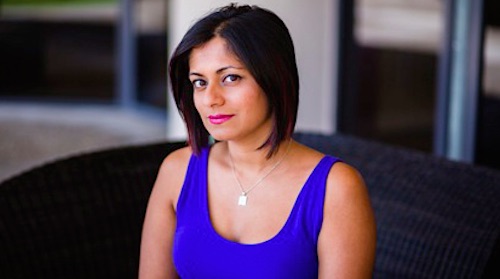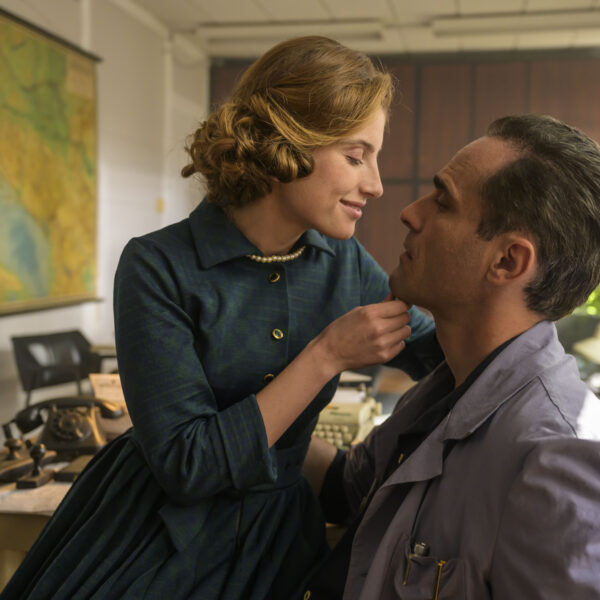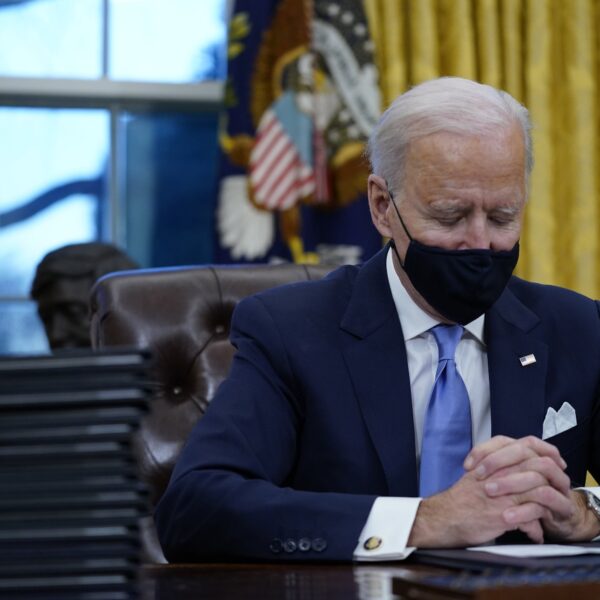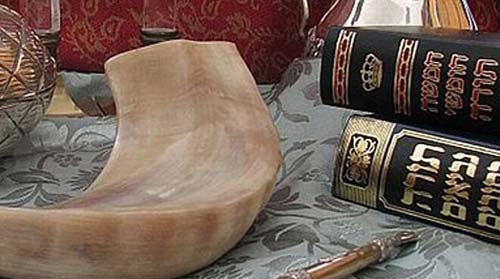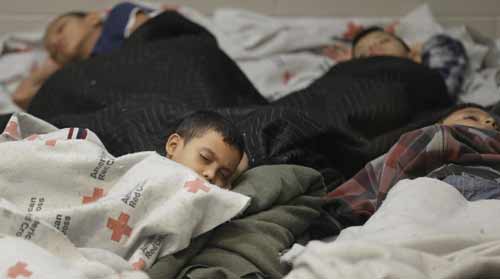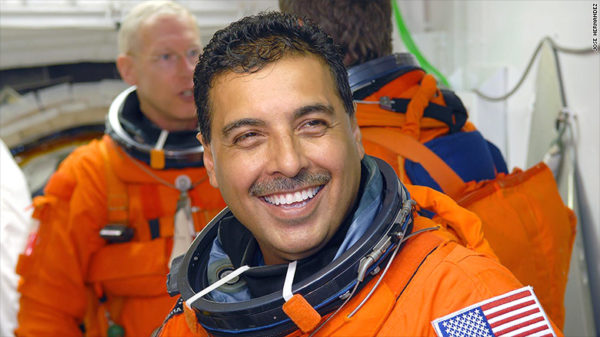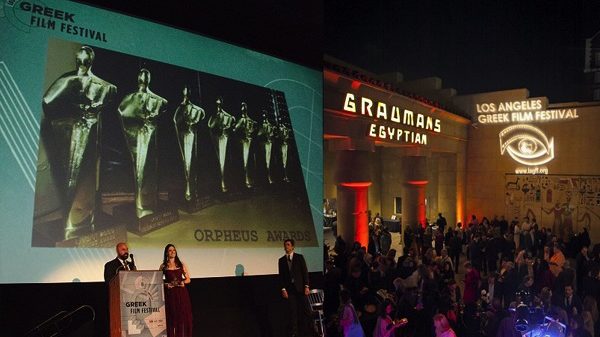Sometimes the best ideas arise from outlandish jokes shared between friends — something so silly and farfetched that you’d never think other people would actually be interested in it, too. That’s how the South Asian American writer and political activist Tanzila Ahmed — who goes by the nickname “Taz” — came to create the wildly popular podcast #GoodMuslimBadMuslim, with collaborator and friend Zahra Noorbakhsh, an Iranian American comedian and writer.
“We were just joking around on Twitter, trying to make each other laugh,” says Ahmed. “Like, ‘next time on the Good Muslim Bad Muslim podcast, we’re going to talk about wearing bikinis with hijabs!’ Then people who were following us started asking, ‘Where can we listen?’” (Some of Ahmed’s other gems: “Does that mean we get 72 virgin men in heaven? Cuz that sounds like hell” and “Is it haram to wear a pork pie hat? Or only if driven to eat ur hat?”)
The ironic humor of those early tweets was an indicator of the tone that Ahmed and Noorbakhsh would bring to the podcast: equal parts irreverent and intelligent, offering honest, poignant and often hilarious discussions of Muslim American identity as it intersects with feminism, art and writing, family, political activism, dating and marriage and more. “It’s satire,” says Ahmed. “We’re using humor as a tool to push back, to shift the political paradigm we’re in.”
For example, the podcast features a short segment called “Creeping Sharia.” The term has been popularized by the right-wing conservative media to fuel anti-Muslim sentiment, suggesting that fundamentalist Islamist law is somehow spreading into Western culture and threatening American liberties. In their segment, Ahmed and Noorbakhsh discuss current pop culture news items, such as the parody Tinder profile of Osama Bin Laden, or the paparazzi photo of Lindsay Lohan carrying a copy of the Quran, that prove “Creeping Sharia” is indeed happening. By reclaiming the term and ironically highlighting these stories, the podcast hosts reveal the Islamaphobia perpetuated by popular media today, and they do so in a way that’s neither contrived nor self-righteous. “It’s our way of disrupting the mainstream narrative,” says Ahmed.
Other segments include “Awkward Ask a Muslim” (stories of uncomfortable encounters, racist microaggressions and other generally strange social situations that occur in the everyday life of a Muslim American woman), “Fatwas” (declaring death sentences upon patriarchy, the Confederate flag and spiders) and the “Good Muslim Award” (a discussion of Muslims doing good, in the opinion of the hosts, such as the young Muslim American girls in Minneapolis who designed a set of basketball uniforms that are religiously and culturally appropriate yet allows them to fully participate on the court).
It’s perhaps these types of girls who Ahmed considers her core audience when producing the podcast. “I want to find the South Asian young people, the Muslim young girls,” she says. Noorbakhsh adds, “I think about the women who tweet us and write us and need these conversations.”
Though she’s new to the podcasting medium, Ahmed has long been a writer who engages in public and meaningful discussions of Muslim American identity and culture. She’s a contributor to the anthology Love InshAllah: The Secret Love Lives of American Muslim Women, and she writes a monthly column called “Radical Love,” on dating, relationships, love and spirituality.
“I’ve been writing since I was little,” says Ahmed, though she adds that she only began to think of herself as a writer after she was published by Wiretap, an independent, progressive online magazine that trains young journalists. Ahmed was also a writer for Sepia Mutiny, a blog for South Asian American news and culture, until the site shuttered in 2012. At Sepia Mutiny, she wrote about “punk music and piercings and how this interacts with being South Asian.” She also wrote about voting and her political activism.
When she was just 25, Ahmed founded South Asian American Voting Youth (SAAVY), a national organization that works to get young South Asian Americans (ages 18 to 24) involved in the electoral process. “I quit my job, moved back home with my parents and started this organization out of the kitchen,” she says.
Having previously worked in voting rights and organizing, Ahmed says she simply took the skills she’d learned and transferred the tactics to specifically target the South Asian youth community: “Creating stickers that say ‘I’m South Asian and I vote.’ Bhangra voting parties. Talking about racial profiling, especially after 9/11. When we were making calls, we’d look up all the South Asian last names.”
Since then, Ahmed has expanded to organizing in the broader Asian American and Pacific Islander communities. Last November, she worked on a campaign in Los Angeles that engaged 17 different languages in order to provide education to Asian American voters on the electoral process. “We got volunteers who speak the different languages, and we made calls,” she says. “We know that people who got calls from us had a 65 percent more likelihood of going to the polls. It makes a difference.”
As if writing and political organizing weren’t enough to keep her busy, Ahmed is also a visual artist. She began painting after her mother passed away four years ago. “When she died, we found all these stamps,” says Ahmed. “She used to collect stamps when she was little. And then there were all these letters she had from my nani — my nani would mail her letters from Bangladesh. I wanted to save it or turn it into art.”
Ahmed used these artifacts and incorporated them into her canvases, which featured images of “trains, planes, bridges, kites and birds — all symbolic of my mother’s constant feeling of displacement from ‘home’ and struggles with longing, distance and belonging.”
Though she began to paint and collage only as a way to process the grief of losing her mother — when writing prose felt impossible — Ahmed has since been recognized for her visual art projects. Her painting “Borderless” was featured in the Smithsonian’s “Beyond Bollywood” exhibit in 2014, and earlier this year, Ahmed was invited to Ferguson, Missouri, as part of a team of Asian American artists, to meet with the community youth organizers who founded Hands Up United after the murder of Michael Brown.
Whether it’s producing and hosting a podcast or writing and artistic endeavors, Ahmed insists on creative projects that take on her particular politics, as a radical Muslim South Asian American woman. “I think we have to be culture-shifters,” she says, “and not just culture-makers.”

